Home>Garden Essentials>How Long Does Lemongrass Take To Germinate
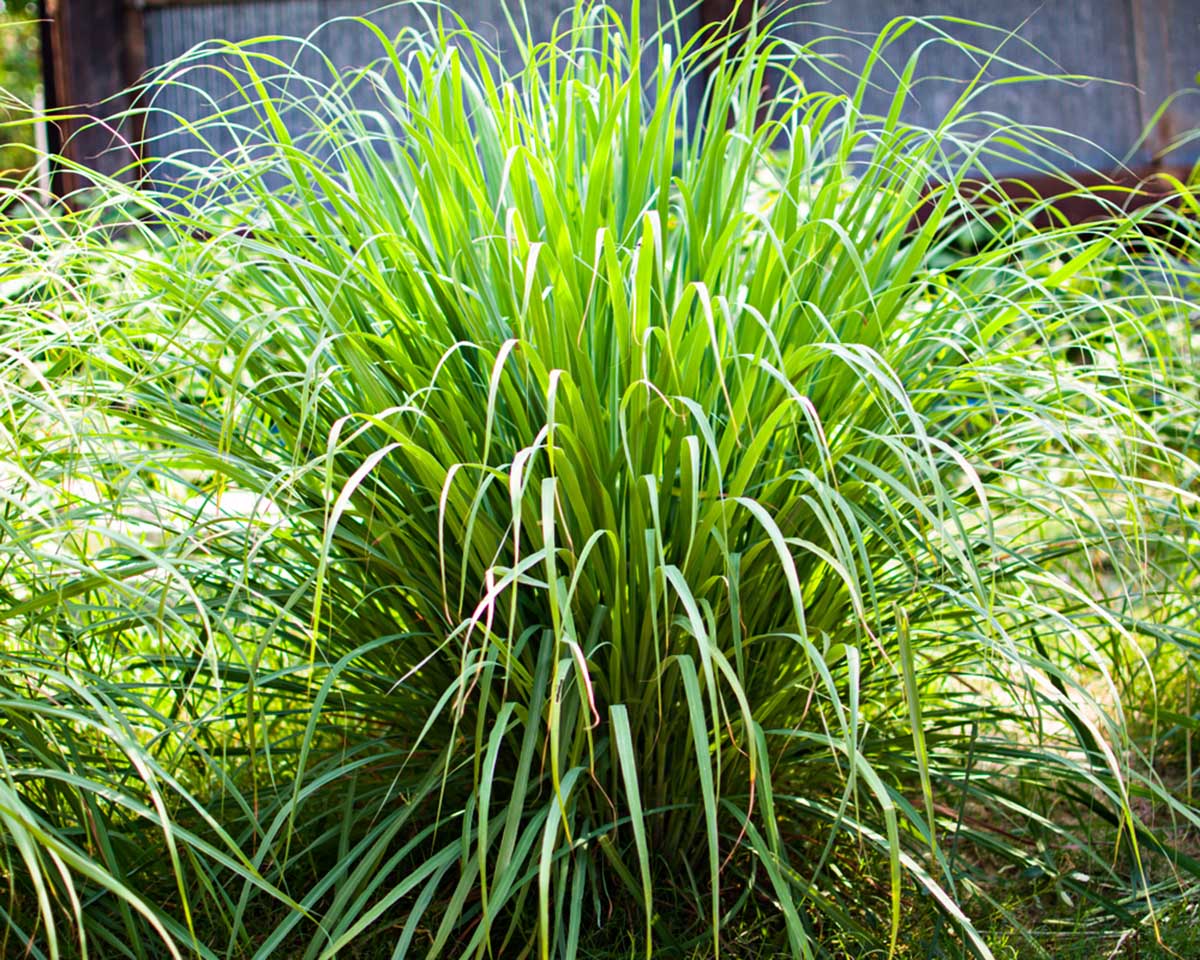

Garden Essentials
How Long Does Lemongrass Take To Germinate
Modified: March 15, 2024
Learn how long it takes for lemongrass seeds to germinate in your garden and start growing your own aromatic herb. Find out the germination process and tips for successful cultivation.
(Many of the links in this article redirect to a specific reviewed product. Your purchase of these products through affiliate links helps to generate commission for Storables.com, at no extra cost. Learn more)
Introduction
Gardening enthusiasts and herb lovers are often drawn to the aromatic and versatile lemongrass. With its fresh lemony scent and delightful flavor, it is no wonder that it has become a popular choice for both culinary and ornamental purposes. If you have decided to grow lemongrass in your garden, one important aspect to consider is the germination process.
The germination phase is a critical stage in plant growth, as it determines the success of your plant’s development. When it comes to lemongrass seeds, understanding the germination process and factors that influence it can significantly improve your chances of success. In this article, we will delve into the factors that affect lemongrass germination, optimal conditions for germination, the germination time frame, and tips for faster germination.
By gaining a deeper understanding of germination, you can ensure that your efforts in growing lemongrass are fruitful. So let’s start by exploring the factors that impact lemongrass germination.
Key Takeaways:
- Lemongrass seeds take approximately 7 to 21 days to germinate, but factors like temperature and moisture levels can influence the process. Patience and proper care are key to successful germination.
- To speed up lemongrass seed germination, consider scarification, pre-soaking, and providing consistent warmth and moisture. Using fresh seeds and maintaining optimal conditions can also improve germination rates.
Read more: How Long Does It Take Turnips To Germinate
Factors Affecting Lemongrass Germination
Several factors play a crucial role in the germination of lemongrass seeds. Understanding these factors can help you create the optimal conditions for successful germination. Here are the key factors that can influence lemongrass germination:
- Seed quality: The quality of the seeds you use is paramount. Seeds that are fresh and of good quality have a higher chance of germinating successfully. When purchasing lemongrass seeds, ensure that they are from a reputable source.
- Temperature: Lemongrass seeds require warm temperatures to germinate. The optimal temperature range for germination is around 70-85 degrees Fahrenheit (21-29 degrees Celsius). Providing a consistently warm environment is crucial for the germination process.
- Moisture: Adequate moisture is vital for successful germination. The soil should be consistently moist, but not overly saturated, as excessive moisture can lead to rotting of the seeds. Regular watering is essential to maintain the required moisture levels.
- Light: Unlike some other seeds, lemongrass seeds do not require light to germinate. In fact, they actually prefer to germinate in darkness. You can cover the trays or containers with a plastic wrap or place them in a dark area during the germination period.
- Seed depth: The depth at which you sow the lemongrass seeds plays a role in germination. Ideally, plant the seeds at a depth of about 1/4 to 1/2 inch (0.6 to 1.3 cm) in the soil. This depth provides them with the necessary protection and allows for easier sprouting.
- Seed scarification: Lemongrass seeds have a tough outer shell that can hinder germination. To overcome this, you can perform a process called scarification, which involves nicking or scratching the seed coat with sandpaper or a sharp knife. This helps water penetrate the seed and initiates the germination process.
- Seed age: Lemongrass seeds have a relatively short viability period. Fresh seeds are more likely to germinate successfully compared to older seeds. It is advisable to use seeds within a year of purchase for the best germination rates.
By considering these factors and making the necessary adjustments, you can greatly increase your chances of successful lemongrass germination. Now, let’s move on to exploring the optimal conditions for lemongrass germination.
Optimal Conditions for Lemongrass Germination
To ensure successful germination of lemongrass seeds, it is essential to provide them with the optimal conditions. Creating the right environment will encourage faster and more uniform germination. Here are the optimal conditions for lemongrass germination:
- Temperature: Lemongrass thrives in warm temperatures, making it important to maintain a consistent temperature range of 70-85 degrees Fahrenheit (21-29 degrees Celsius). Consider using a heating mat or placing the seed tray in a warm location to achieve the desired temperature.
- Moisture: Keeping the soil consistently moist, but not overly wet, is crucial for germination. You can achieve this by misting the soil surface with water or using a spray bottle. Ensure that the soil remains damp without becoming waterlogged, as excess moisture can cause the seeds to rot.
- Light: Lemongrass seeds prefer to germinate in darkness. You can cover the seed tray with a plastic wrap or place it in a dark area to provide the required darkness. Once the seeds have sprouted, gradually introduce them to light by removing the cover or shifting them to a well-lit location.
- Seed depth: Plant the lemongrass seeds at a depth of about 1/4 to 1/2 inch (0.6 to 1.3 cm) in the soil. This depth provides them with the necessary protection while allowing them to emerge easily during germination.
- Soil composition: Lemongrass prefers well-draining soil with a slightly acidic to neutral pH level of 6.0-7.5. You can use a mixture of potting soil and sand to promote proper drainage and provide a suitable growing medium for the seeds.
- Humidity: While lemongrass seeds require moisture for germination, they also benefit from a slightly humid environment. You can achieve this by covering the seed tray with a plastic dome or using a misting bottle to increase humidity levels around the seeds.
By ensuring these optimal conditions are met and maintained throughout the germination process, you can maximize the chances of successful lemongrass germination. Now that we have covered the ideal conditions, let’s explore the typical germination time for lemongrass seeds.
Germination Time for Lemongrass
The germination time for lemongrass seeds can vary depending on several factors, including the seed quality, environmental conditions, and germination techniques used. On average, lemongrass seeds take approximately 7 to 21 days to germinate.
During this period, you may start seeing tiny green sprouts emerging from the soil. However, keep in mind that germination time can be influenced by factors such as temperature and moisture levels. Warmer temperatures and optimal moisture conditions can expedite germination, while lower temperatures or inadequate moisture can delay the process.
It is important to be patient and allow the germination process to occur naturally. Avoid the temptation to overwater or disturb the seeds, as this can hinder germination or damage the delicate roots of emerging seedlings.
Once the lemongrass seeds have successfully germinated, continue providing them with the optimal growing conditions to ensure healthy growth. Gradually introduce the seedlings to more light and adjust their watering schedule based on their growth rate and the moisture requirements of the soil.
Now that we have covered the germination time frame for lemongrass, let’s explore some tips to help speed up the germination process.
Lemongrass seeds typically take about 7-21 days to germinate. Keep the soil consistently moist and provide warmth for best results.
Tips for Faster Germination of Lemongrass Seeds
If you’re eager to see your lemongrass seeds sprout and grow, there are a few tips you can follow to help speed up the germination process. These tips can improve the germination rate and reduce the time it takes for the seeds to sprout. Here are some strategies to consider:
- Seed Scarification: As mentioned earlier, lemongrass seeds have a tough outer shell that can slow down germination. By gently scratching or nicking the seed coat with sandpaper or a sharp knife, you can help water penetrate the seed and promote faster germination. Be careful not to damage the seed too much.
- Pre-soaking: Pre-soaking the lemongrass seeds before sowing can help soften the seed coat and accelerate germination. Place the seeds in warm water for 24-48 hours prior to planting. This will hydrate the seeds and trigger the germination process.
- Bottom heat: Providing bottom heat can significantly enhance germination rates. You can use a heating mat specifically designed for seed starting or place the seed tray on a warm surface, such as a refrigerator or a warm spot in your home. The additional heat helps create an ideal environment for germination.
- Consistent moisture: Maintaining consistent moisture levels is crucial for faster germination. Check the soil moisture regularly and water as needed to keep the soil moist but not waterlogged. Using a spray bottle or misting the soil can help maintain a constant level of moisture.
- Optimal temperature: Lemongrass seeds prefer warm temperatures for germination. Ensure that the temperature remains within the range of 70-85 degrees Fahrenheit (21-29 degrees Celsius). Providing a warm and consistent environment will aid in faster germination.
- Use fresh seeds: Fresh lemongrass seeds have higher germination rates compared to older seeds. It is recommended to use seeds within a year of purchase for the best results. Check the seed packet or consult with the supplier to ensure the seeds are fresh and viable.
By implementing these tips, you can give your lemongrass seeds the best chance of germinating quickly and successfully. Remember to be patient and provide consistent care while waiting for the seeds to sprout. Now that you are armed with these tips, you can optimize the germination process for your lemongrass seeds.
In the next section, we will explore common issues that may arise during germination and troubleshoot them.
Read more: How Long Does It Take Sorghum To Germinate
Common Issues and Troubleshooting During Germination
While germinating lemongrass seeds can be an exciting process, it’s not without its challenges. Various issues can arise during germination that may impact the success rate. It’s important to be aware of these issues and know how to troubleshoot them for a successful germination. Here are some common issues and their troubleshooting solutions:
- Poor seed quality: If the seeds are of low quality or old, they may have lower germination rates. To avoid this issue, always purchase fresh and reliable lemongrass seeds from reputable sources.
- Inconsistent moisture: Inconsistent watering practices can lead to uneven germination. Ensure that the soil is consistently moist, but not waterlogged. Regularly check the moisture level and adjust watering accordingly.
- Extreme temperatures: Extreme temperature fluctuations can hinder germination. Avoid exposing the seeds to extremely hot or cold conditions. Keep the germination area at a steady temperature range of 70-85 degrees Fahrenheit (21-29 degrees Celsius).
- Fungal growth: Excessive moisture or poor air circulation can lead to fungal growth, such as damping off disease. To prevent this, ensure proper ventilation and avoid overwatering. If fungal growth occurs, reduce moisture levels and consider treating the affected area with a fungal spray or organic fungicide.
- Insufficient light: While lemongrass seeds prefer darkness to germinate, once they have sprouted, they require adequate light for healthy growth. Insufficient light can result in weak, elongated seedlings. Provide at least 12-14 hours of bright, indirect light per day using grow lights or natural sunlight.
- Pests or diseases: Pest infestations or diseases can affect germinating lemongrass seeds. Keep a lookout for common pests like aphids or mites and take appropriate measures such as using insecticidal soap or neem oil to control them. Minimize the risks of diseases by maintaining proper hygiene and providing good air circulation.
By identifying and addressing these common issues promptly, you can increase the likelihood of successful lemongrass germination. Remember to provide the optimal conditions, monitor the progress of your seeds, and make necessary adjustments as needed. With patience and proper care, you will soon see your germinated lemongrass seeds grow into healthy plants.
Let’s wrap up this article by summarizing the key points discussed.
Conclusion
Growing lemongrass from seeds can be a rewarding and enjoyable experience. Understanding the factors that affect germination, providing optimal conditions, and implementing effective techniques can greatly increase your chances of successful germination. By following the tips and troubleshooting methods mentioned in this article, you can overcome common issues and ensure a smooth germination process.
Remember to start with high-quality seeds, create a warm and moist environment, and provide adequate darkness during the germination phase. Use scarification and pre-soaking techniques to speed up the germination process, and maintain consistent moisture levels throughout.
Additionally, pay attention to temperature fluctuations, fungal growth, insufficient light, and the possibility of pests or diseases. By troubleshooting these common issues promptly, you can ensure the healthy growth and development of your lemongrass seedlings.
With patience, care, and attention to detail, you will soon witness the delightful sprouting of lemongrass seeds. As your lemongrass plants grow, you can enjoy their aromatic foliage and use their flavorful stalks for culinary delights.
So roll up your sleeves, gather your gardening tools, and embark on this exciting journey of growing lemongrass. With the knowledge and insights gained from this article, you are well-equipped to successfully germinate lemongrass seeds and enjoy the beauty and benefits of this versatile herb in your garden.
Happy germinating!
Frequently Asked Questions about How Long Does Lemongrass Take To Germinate
Was this page helpful?
At Storables.com, we guarantee accurate and reliable information. Our content, validated by Expert Board Contributors, is crafted following stringent Editorial Policies. We're committed to providing you with well-researched, expert-backed insights for all your informational needs.
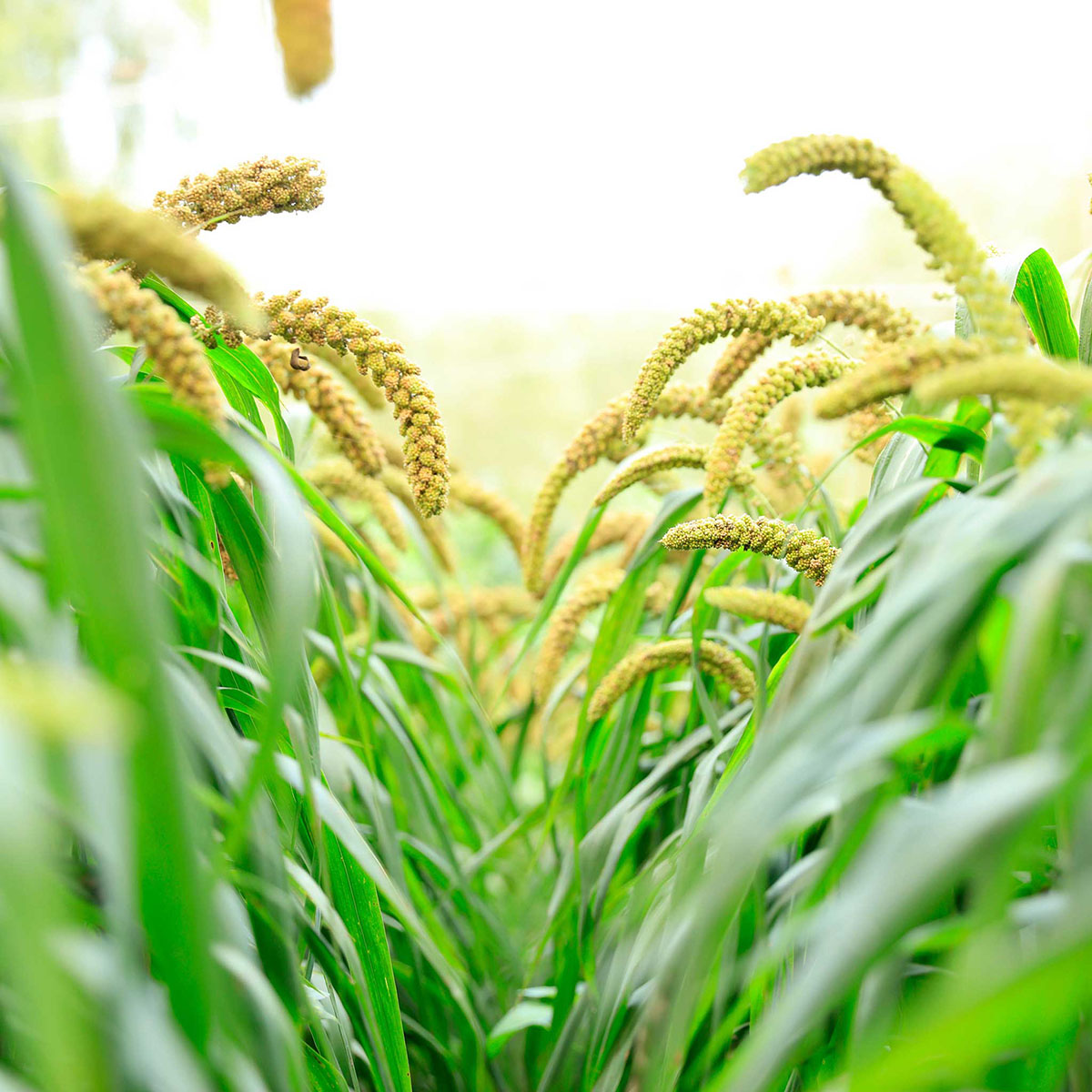


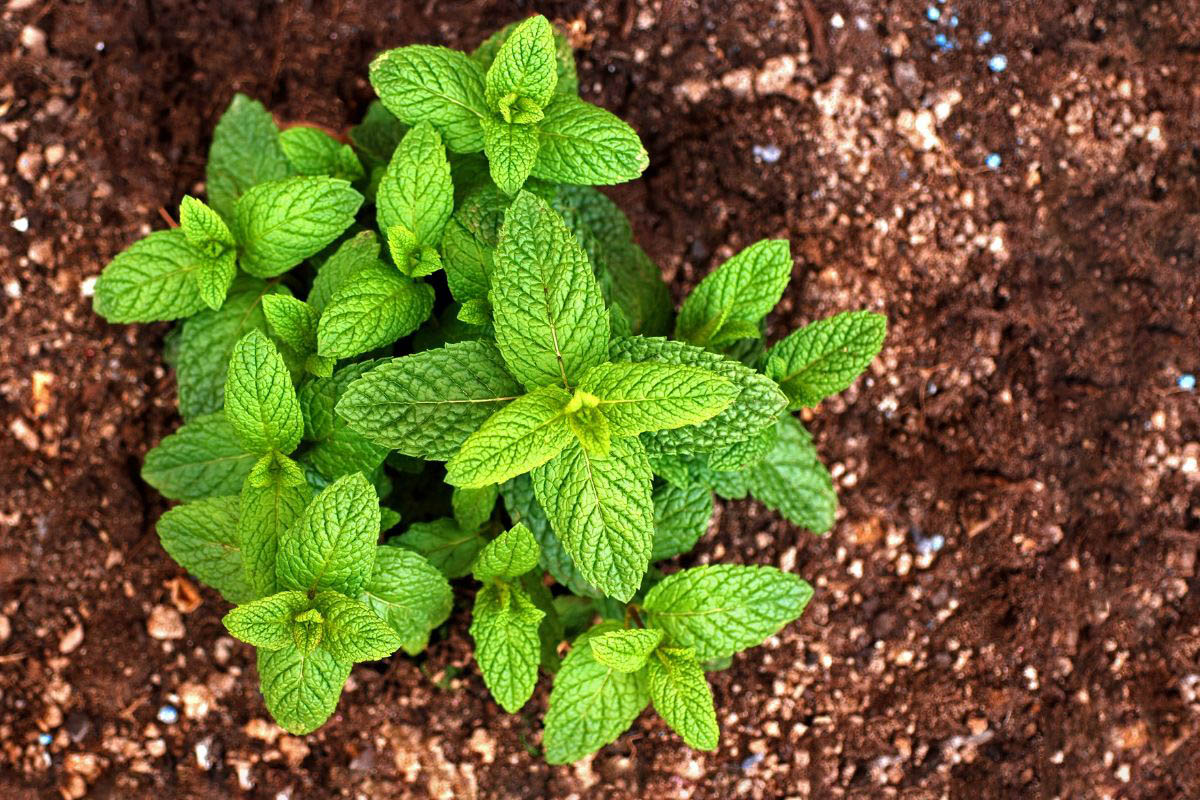



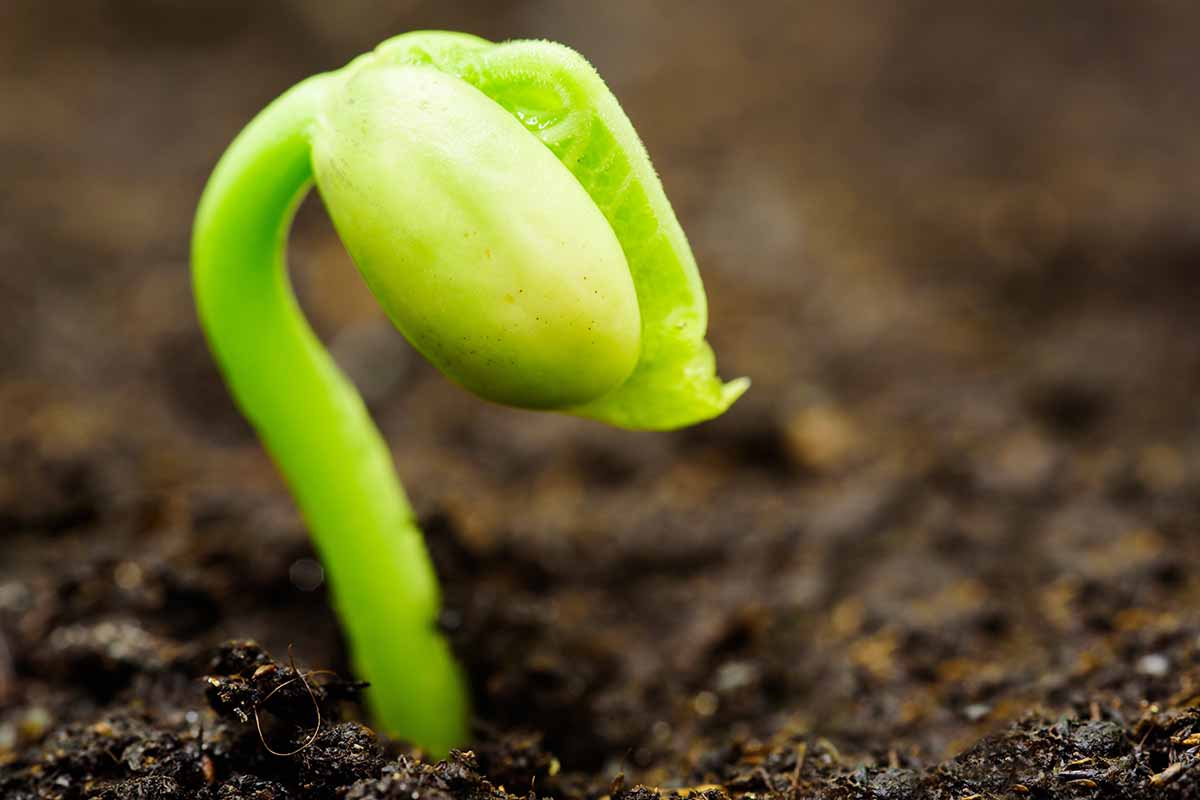
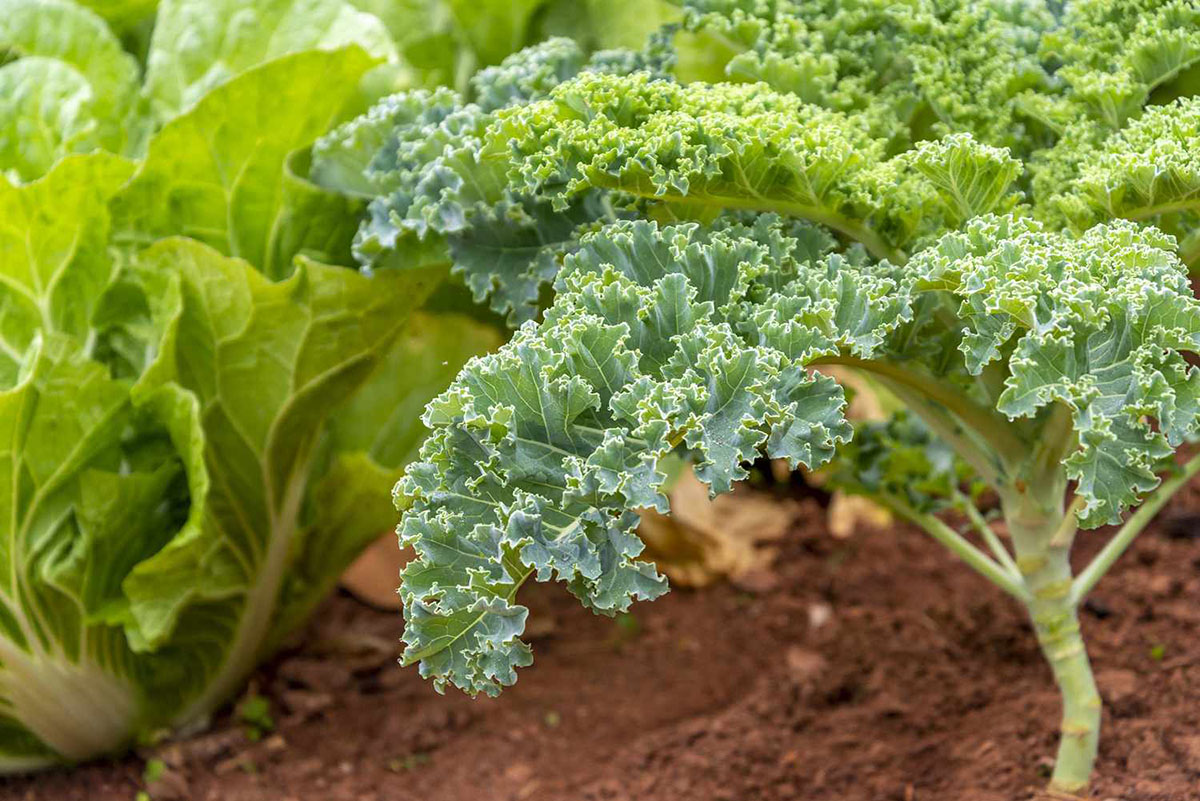
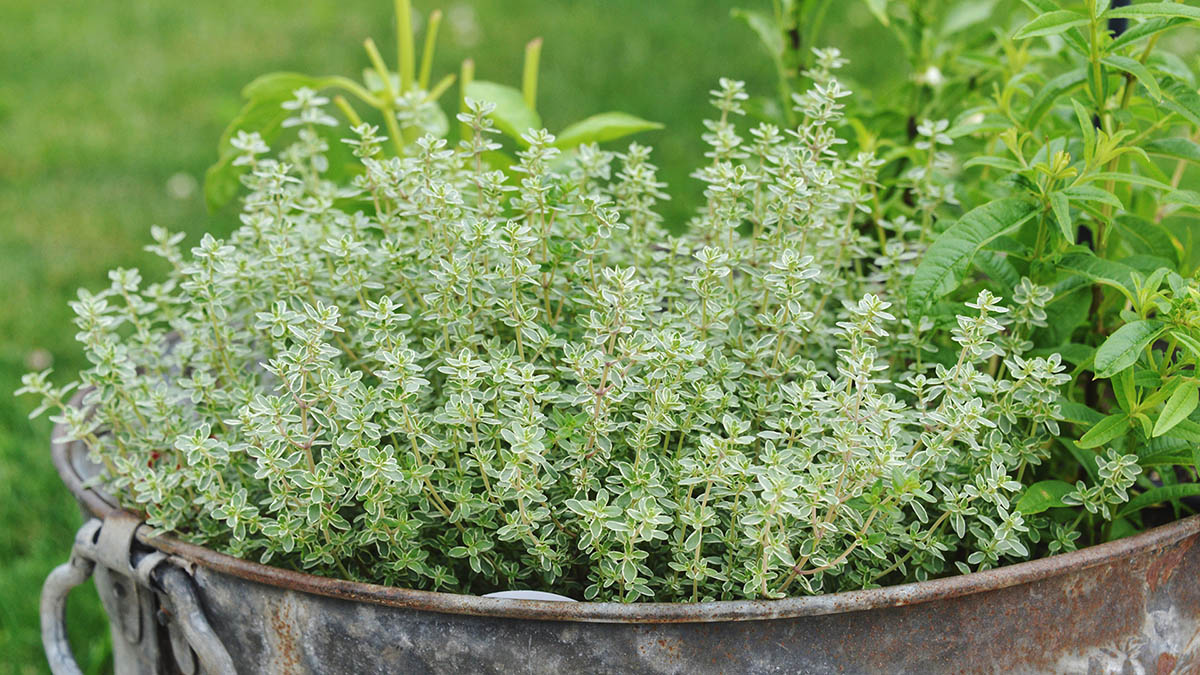
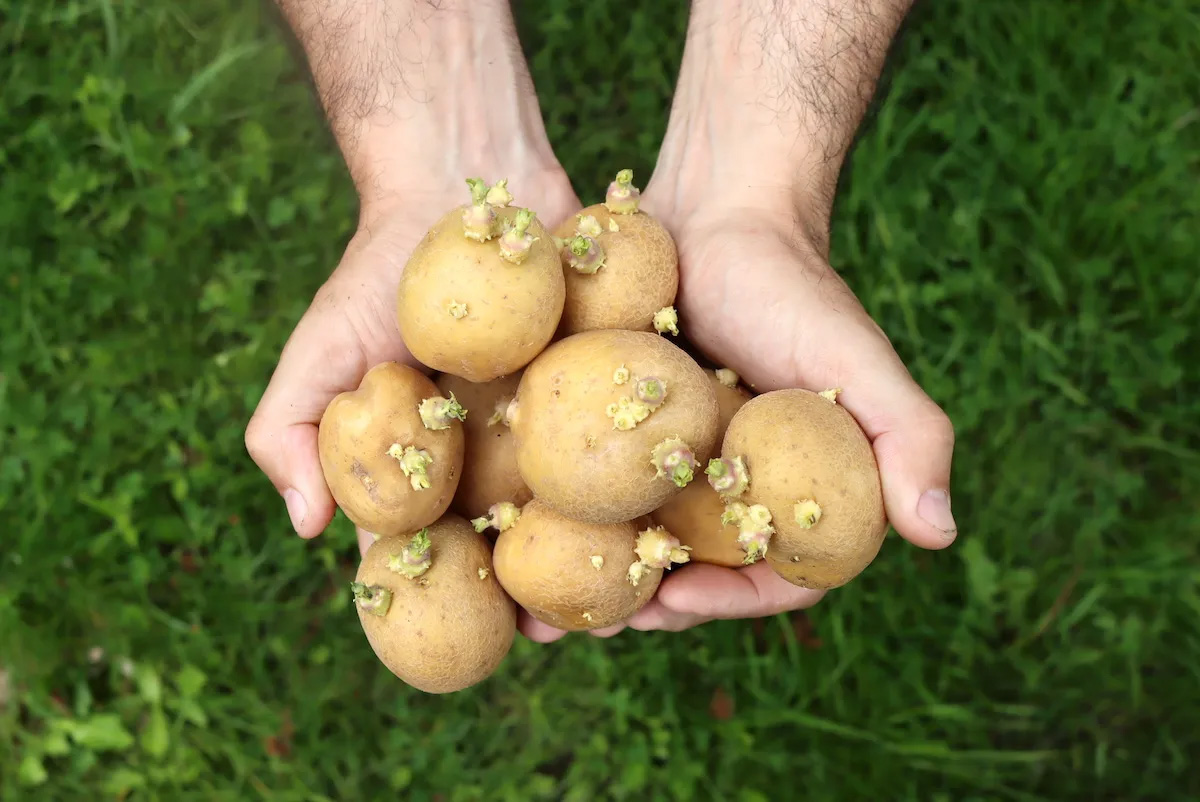
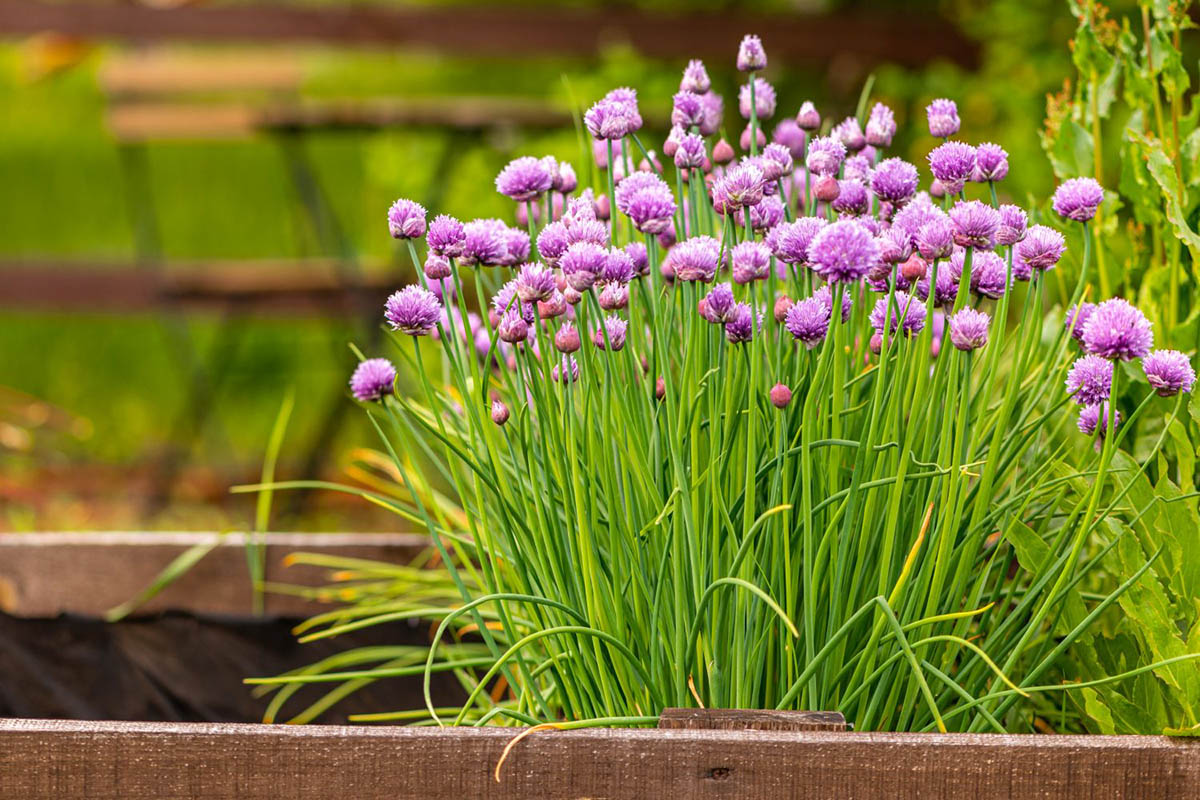

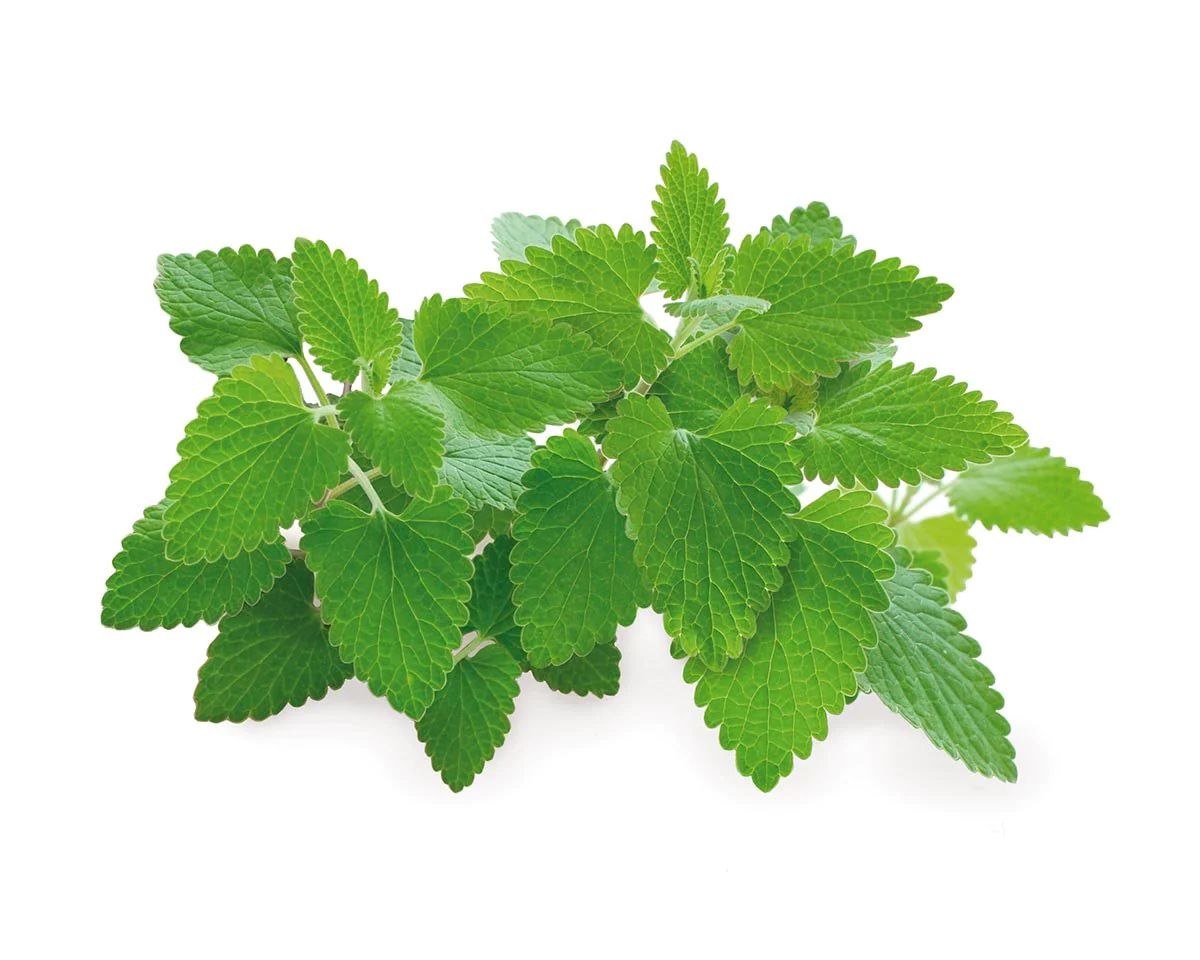

0 thoughts on “How Long Does Lemongrass Take To Germinate”